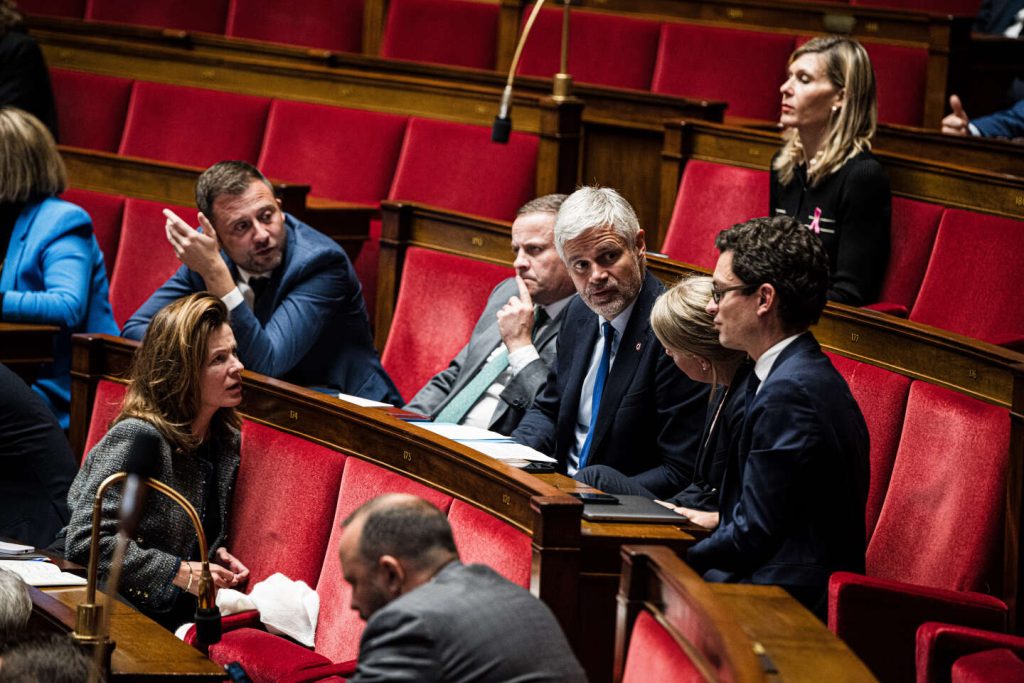During the declaration of general policy by Michel Barnier at the National Assembly in Paris on October 1st, Laurent Wauquiez, a deputy from The Republicans party, expressed his concerns about the financial situation inherited by Barnier, which he described as catastrophic. While the Prime Minister announced 40 billion euros in savings by 2025, Wauquiez proposed a plan for 50 billion euros in savings to address the budgetary disorder. The group he leads, the Republican Right, aims to redistribute 10 billion euros to benefit working France and the middle classes. Wauquiez also took the opportunity to criticize the actions of the Macron administration, accusing them of irresponsibility and highlighting the need for more emphasis on spending cuts.
In their legislative emergency pact released in July, members of The Republicans party emphasized their opposition to tax increases. However, faced with Michel Barnier’s proposal to increase contributions from large companies and the wealthy, Wauquiez acknowledged the possibility of temporary and limited tax increases. The proposed plan by the right-leaning group focuses on three main areas: reducing administrative burdens (savings of 13.5 billion euros), addressing issues related to “welfare dependency” (11.5 billion), and cutting expenses associated with immigration (7 billion). To reach the target of 50 billion euros in savings, the group recommends a “blank year” in 2025 for public spending, while protecting essential ministries such as defense, justice, and interior, with an estimated savings of 18 billion.
The right-wing proposal draws on parliamentary reports, analyses from the Court of Auditors, and studies from the Organisation for Economic Co-operation and Development to support its recommendations. The strategy outlined by the group is aimed at achieving significant savings by tackling administrative inefficiencies, addressing welfare dependency issues, and reducing immigration-related expenses. This approach is seen as a classic one, but with a focus on evidence-based reasoning to substantiate the proposed measures. The plan also includes specific measures such as a “blank year” for public spending and a focus on protecting key government ministries from budget cuts.
By comparing his proposals to those announced by the government, Wauquiez positioned his party as offering a more ambitious plan for savings and restructuring public finances. He criticized members of the Macron administration for their silence on the need for spending cuts while opposing tax increases, highlighting what he sees as a lack of responsible economic management. The right-leaning group sought to differentiate itself by advocating for significant cost-cutting measures, emphasizing the importance of limiting tax increases through effective spending reductions. Overall, the proposal put forth by the Republican Right group is presented as a comprehensive and evidence-based approach to addressing France’s fiscal challenges and achieving long-term budget stability.


